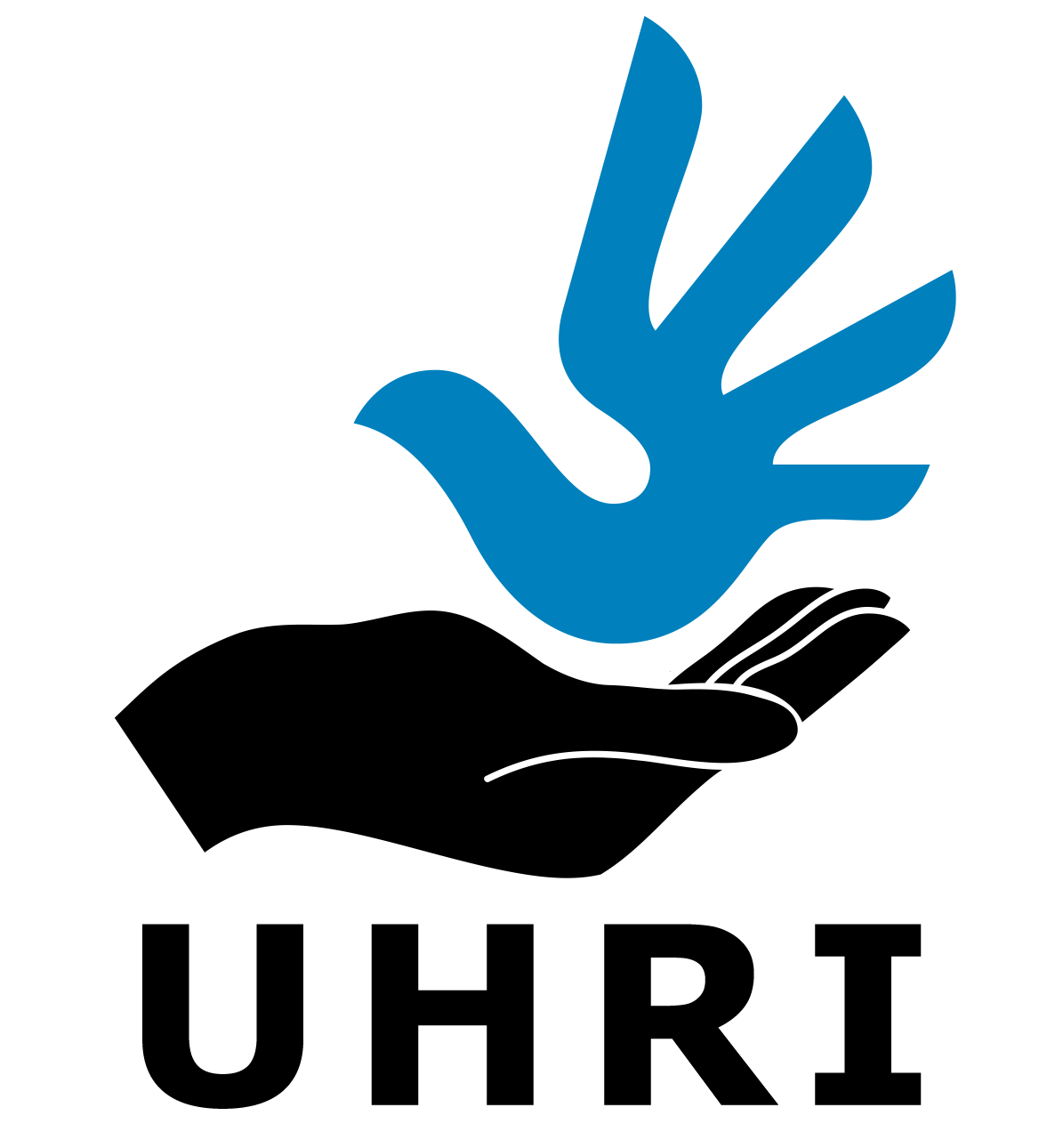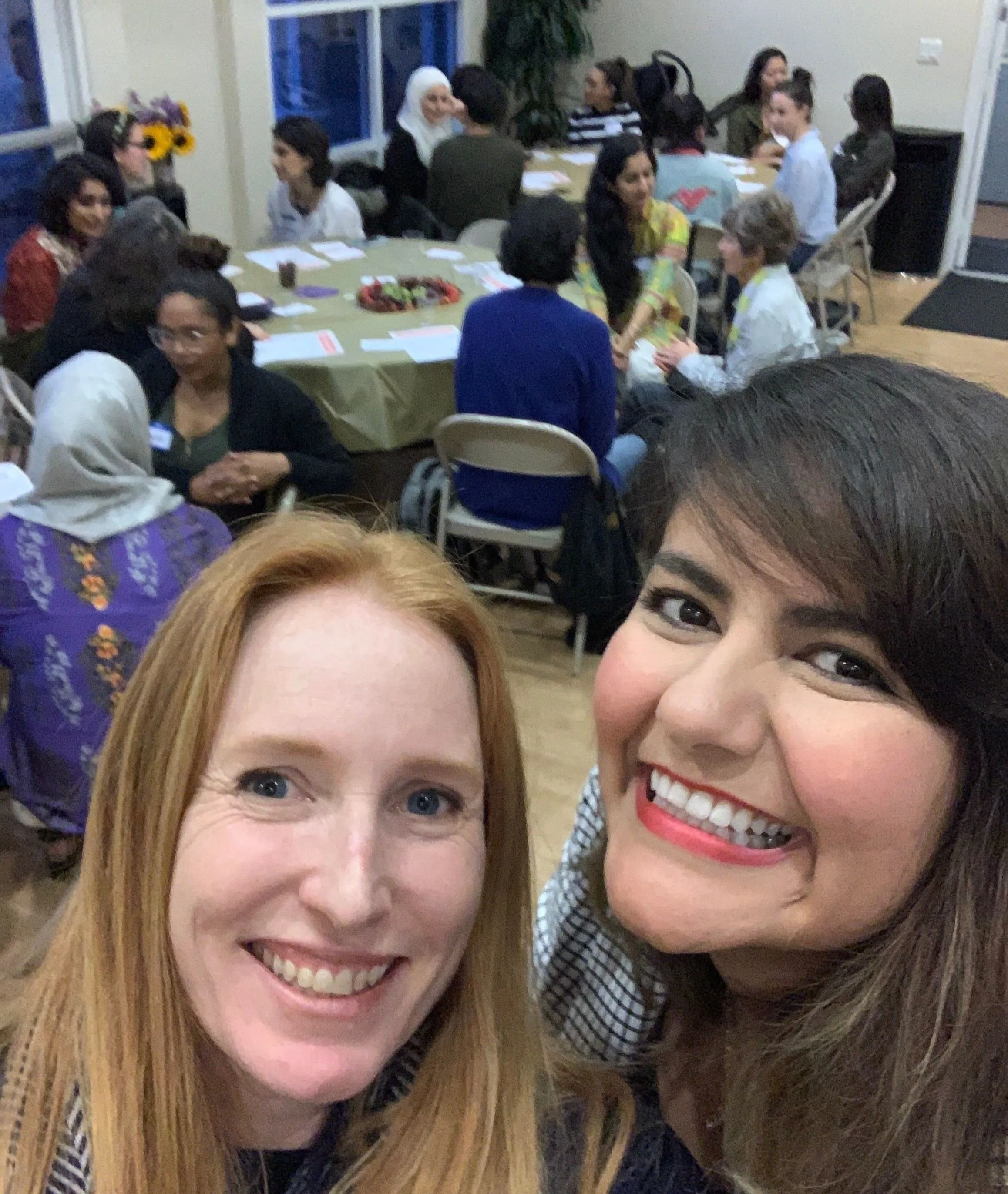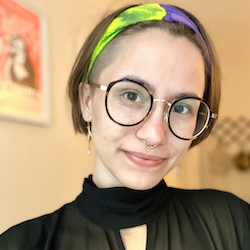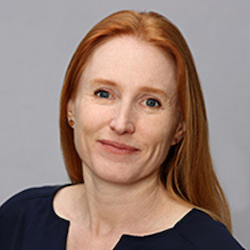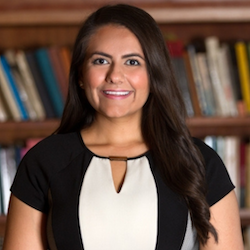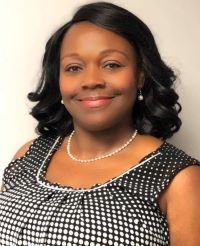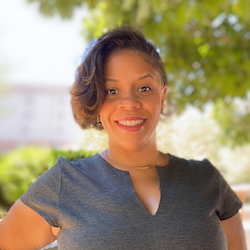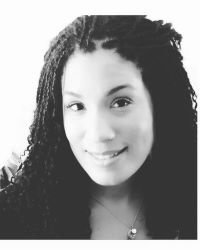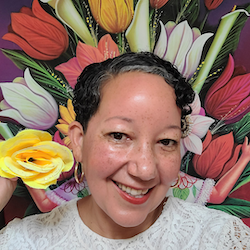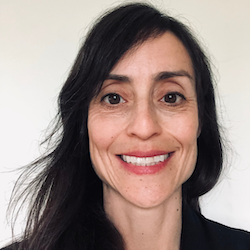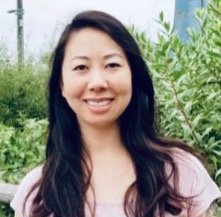
Intergroup Relations
and Program Evaluation
We bring dialogue and evaluation to any setting.
With increased levels of tension and acts of bias and hatred within communities and school settings, teachers, parents and community leaders are either facilitating or avoiding difficult discussions about social justice, human rights and dignity. And they don’t always go as we’d hope.
Intergroup Dialogue (IGD) is a well-established, research-based model that blends active learning with theory and knowledge of systems of oppression, social identities, and injustices to energize changemakers and promote action. Based on the University of Michigan 4-stage model of intergroup dialogue, these dialogues transform differences into stronger relationships that are essential for effective decision-making, taking a critical perspective, and promoting social justice and inclusion.
Our dialogues are facilitated conversations that:
encourage perspective-taking and empathic skills
deepen participant understanding of systems of privilege and power
expand awareness of our own roles in interpersonal, systemic and institutional oppression and liberation
promote meaningful action in participants' daily lives
Watch an interview with UHRI dialogue facilitators who describe their experience with the Intergroup Dialogue approach.
We offer dialogues that range from 1.5 to 3 hours in length and are typically sustained over multiple sessions in a series. We also offer workshop-style dialogues that provide meaningful, yet brief experiences if a longer series is not possible.
The IGD framework generates equity-focused transformative personal change, which can be applied to participants' core environments, such as workplaces, community efforts, schools and more.
Since 2016, we have facilitated intergroup dialogues in a wide variety of settings, such as businesses, educational and medical institutions and local communities.
Intergroup Dialogue Sessions from UHRI
-
Has there been a rupture in your community or workplace? Are there topics that your department, group or team needs to process together? Can you or the peers in your context benefit from listening and conflict resolution skills?
To take time to really build connections and work through issues, we offer a 9 session Intergroup Dialogue Experience suitable for up to 25 participants.
Each session is 2.5 hours, in order to deepenen conversations and allow time for group discussion and processing. Sessions can be blocked together or spread out over weeks and months.
In each session, we will advance the 4-stage IGD model, using our time together to practice active listening and conflict resolution skills while exploring topics that are most relevant to the participants in the room.
This series is for anyone seeking a new or renewed experience with intergroup dialogue. No previous experience is necessary.
-
Ten (10) 3-hour intergroup dialogue facilitation training sessions
In addition to all included in the general IGD sessions described above, and buiding in additional time, we will unpack the facilitation moves and strategies involved in the intergroup dialogue series
Participants will build on and strengthen their facilitation skills by practicing facilitating their own intergroup dialogue activities. They will receive peer and trainer feedback, as well as process ideas for their own future dialogue facilitation.
Participants will be provided with facilitation resources and sample activities to use upon completion of the series.
-
Individual 90-minute sessions for up to 25 people that can be offered to cover key themes that teams and communities are facing. Access to related handouts and future support from UHRI included. We will provide Intergroup Dialogue tools to address themes such as, but not limited to:
-Difficult Dialogues
-Conflict 101
-Power dynamics
-Implicit biases and microaggressions
-Specific barriers to inclusion
-Our roles in systems of oppression
-Intersectionality
-How to give and receive feedback using intergroup dialogue
Core Tenets of our Intergroup Dialogues
-
Description Studies have shown that polarization is growing across the globe (Gu, Wang 2022). 2024 will host a record number of election seasons worldwide, and because we live in an extremely connected world, we know that our lives will be shaped by what is to come. Communities are already grappling with systemic and interpersonal divides that impact our material, social and emotional wellbeing.
Polarization is a symptom of dehumanization and a dominant fear of scarcity, and that if we provide more for others, there will not be enough for ourselves. Just as global borders tighten, our interpersonal spheres have followed suit.
Anti-polarization efforts are radical because, as the word radical is defined, we seek healing at the root of things. At the root of humanity is connection. Coming together as human beings, with our storied selves, is our right.
Face-to-face intergroup dialogue is a strong antidote to social polarization because we can build bridges through engagement and action
-
With increased levels of tension and acts of bias and hatred within communities and school settings, teachers, parents and community leaders are either facilitating or avoiding difficult discussions about social justice, human rights and dignity. And they don’t always go as we’d hope.
Propaganda, misinformation, and cognitive dissonance are all tools that are used to shape society and distract us from critiquing things like harm and power. Critical thinking is a cornerstone to intergroup dialogue. Our ability to deconstruct ideas and -isms that get in the way of human connection is hinged on critical thinking, our ability to ask questions, examine sources and narratives and understand systems and uses of power. Critical thinking takes time, which often clashes with our sense of urgency to “fix” social problems. Dialogue creates an environment where participants gather to respond vs. react, listen to understand one another, be inspired to seek out new information and also to build intrapersonal (within ourselves) understanding of why we think and approach things the way we do.
-
By sharing their experiences and perspectives, participants can better understand each other and work together towards inclusion and building a culture of belonging. Within intergroup dialogues, all voices are honored and divergent perspectives are held. Our goal is to create shared meaning within the course of the conversation—and conflict happens. Generative, open conflict is a restorative principle that encourages transparency, repair and accountability for how we all shape a shared space. In intergroup dialogue, we:
-Encourage participants to explore their own social identities, statuses, & privilege to develop intergroup understanding and create a framework for understanding our identities through a social and emotional lens
-Develop empathy & perspective building to bridge differences of identities & statuses & foster positive intergroup relations
-Provide tools for intergroup collaboration to promote personal & social responsibility
-
Do you find yourself noticing that people are increasingly engaging with sincerity and care—only for the short-term? Or, that care and connection is conditional? Disconnection, fragmentation and misinformation have promoted a culture of fragile relationship building, uncertainty around who to call upon in times of need, and how to repair conflict to create complex, interpersonal connections.
Under these circumstances, polarization and social disconnection emerge and thrive.
Dialogue is a space to practice social engagement with the long-term in mind, and thus a tool for world-building. Dialogue, when it aims to draw out difference and common ground alike, helps us embody deeper relationship building, which is essential for creating strong communities dedicated to change. Dialogue is a practice in repetition, commitment to being open to possibility and emergence, and critically engaging ourselves and others, with our emotional, intellectual and sensory lives embraced. Within these dialogues, we hold ourselves to exploring our mutual and collaborative impact on the space and one another, and to wondering what comes after the moment we are in.
The Details
-
INTERGROUP DIALOGUE IS…
“... an opportunity to get to know virtual strangers in a deeper way than you know most people you love and that includes yourself. Social identities are unpacked and challenged from every angle. Whatever it is, the way you tell your story online can make all the difference.” (2021)
“... the opportunity to become comfortable with uncomfortable conversations. The opportunity to hear many different views and allow space for understanding and acceptance.” (2020)
“... basically a loving bootcamp for active listening. I can’t emphasize enough how much active listening has shaped my personal and interpersonal life. I am much better now at asking clarifying questions, suspending judgements, giving people space to explain themselves, and also making space for myself when I don’t feel heard.” (2020)
“I learned and grew in numerous ways during our dialogues. I read many interesting articles and watched many videos and movies shared out of our many weeks together. One of the hot topics about the Body Positivity Movement I have reflected on regularly. “ (2021)
“Being part of this circle inspires one to want to share the experience broadly with others. It helps move those attending away from an “us vs. them” way of thinking and to realize that we are all in this problem together in solving it. “ (2020)
“It was very powerful to dialogue with people I may never have opened up to talk with in my daily life. I realize I basically only talk with people similar to me. Getting to the heart of homelessness issues and hearing from the heart of people experiencing homelessness was so needed.” (2019)
“I liked the listening strategies you used, like restating "what I hear you saying is..." and other techniques. It was a great opportunity to improve our own active listening skills.“ (2023)
“Overall, I really enjoyed the facilitators' style and the content of the session. There was a lot of appropriate uncomfortable silence, given the weight of the topic.” (2023)
“I was able to speak or type my emotions without feeling judged.“ (2023)
-
“Three takeaways: (1) Having a mindset that focuses on creating mutually meaningful and trusting relationships. Trusting oneself, so you can trust others. (2) Being vulnerable is not such a bad thing. (3) Being vulnerable not only humanizes you, it can help create an ideal work environment. These these three are the at the core of DEI. ” (2023)
“That we still have a lot of work to do in order to actually get to how to best support students, faculty and staff across the campus to understand their roles in systems of oppression and to find ways to deconstruct our ways of doing so they can be more inclusive of the full membership of the community. ” (2023)
“There needs to be intention and structure to the actions we take to address Diversity, Equity, and Inclusion. Importance of understanding the feelings associated with each of these and how they can occur/be resolved. ” (2023)
“How important it is to set aside time to really hear and understand each others as a collective but also as individual and how the individual makes up who we are as a community. ” (2023)
“Creating connections with your teams on an individual basis creates a better understanding of each other and a better working environment.” (2023)
-
We welcome you to start the process by setting up a consultation call or sending us an email expressing your interest. We’ll answer any questions you have and get to know a bit about your needs.
-
Since 2016, UHRI has provided intergroup dialogues in a variety of settings for different purposes. You can read about our most recent involvement with California State University’s CREATE Award program here. In addition, we have worked locally, nationally and globally in settings such as: communities; youth empowerment; with city organizations; with coalitions working on issues like homelessness; in professional development; with for- and non-profit organizations and companies including company retreats; casual settings like brown bag lunch dialogues; at conferences; individually to consult/support implementing dialogues; in multiple academic settings such as independent/public schools K-12 with both students, educators and administrators; in higher ed; within standalone sessions for a variety of groups; to educators in training; and in partnership with institutions such as Nobel Peace Center, and California State University to train students, faculty and staff to address social justice issues and facilitate dialogues in their local communities.
Set up a consultation call today!
